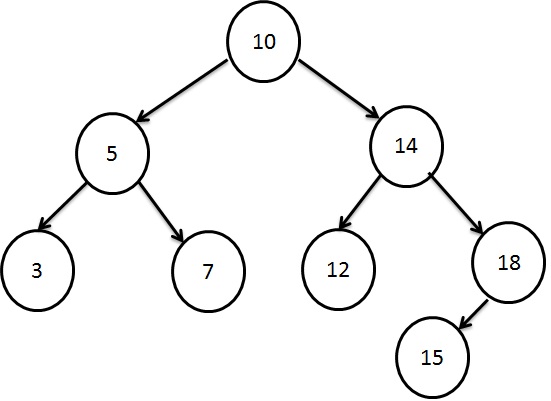Python - if elif else statement Syntax Example
<if...else Statement Nested if Statement >
If you want to check more than two possibilities, you need to have more than two branches. This is done by using a chained conditional statement or if...elif..else statement.
if...elif...else Control Statement
- The elif is an abbreviation of else if.
- There is no limit to using elif.
- You can use the number of elif for checking more than two conditions.
- Each condition is checked in order.
- If one is False, the next will be checked, and so on.
- If one of them is True, that corresponding branch will be executed and then the conditional statement will end.
- Suppose, if more than one condition is true, in that case only the first True branch will be executed.
Syntax of Python if...elif...else
Following is the basic syntax of the if..elif..else decission control flow statement.
if expression_1:
Statements
elif expression_2:
Statements
elif expression_3:
Statements
else:
Statements
Example with if...elif...else in Python
Below is an example proram to explain the if...elif...else branching in python .
A = int(input('enter the first value: '))
B = int(input('enter the second value: '))
if(A>B):
print('The value A greater than B')
elif(A<B):
print('The value A is less than B')
elif(A==0)and(B==0):
print('Both A and B are equal to Zero')
else:
print('Both A and B are equal')
While executing above program you will get the following output.
Test_Case 1:
F:\>python conditionstm.py
enter the first value: 20
enter the second value: 3
The value A is greater than B
Test_Case 2:
F:\>python conditionstm.py
enter the first value: 20
enter the second value: 30
The value A is less than B
Test_Case 3:
F:\>python conditionstm.py
enter the first value: 0
enter the second value: 0
Both A and B are equal to Zero
Test_Case 4:
F:\>python conditionstm.py
enter the first value: 4
enter the second value: 4
Both A and B are equal
<if...else Statement Nested if Statement >













 Krivalar Tutorials
Krivalar Tutorials
